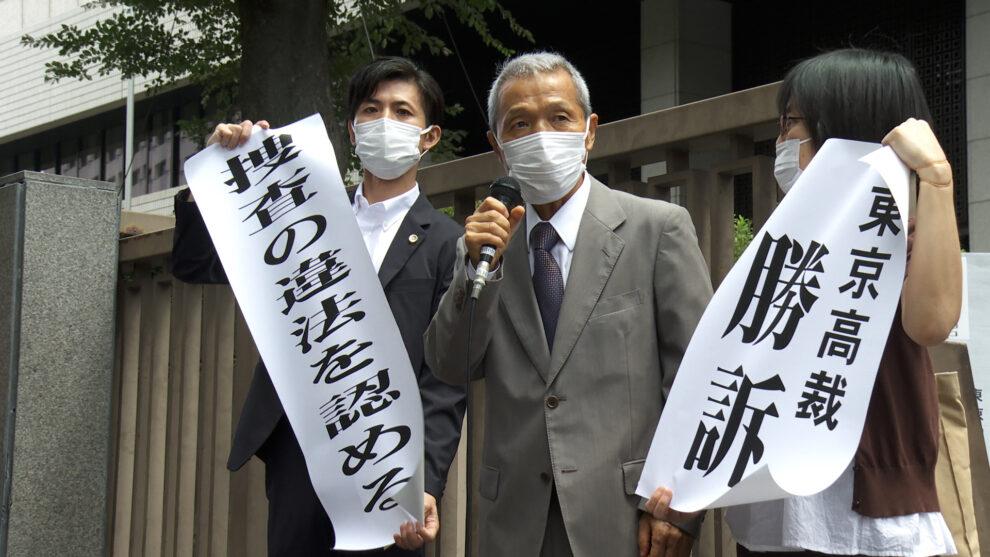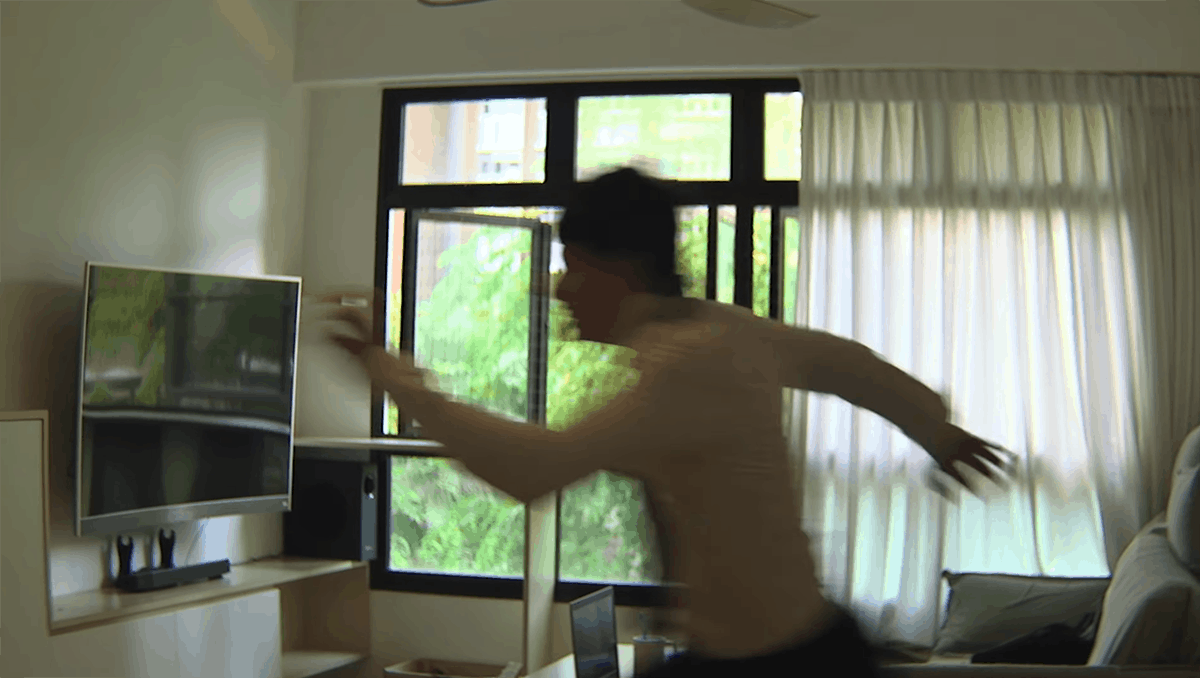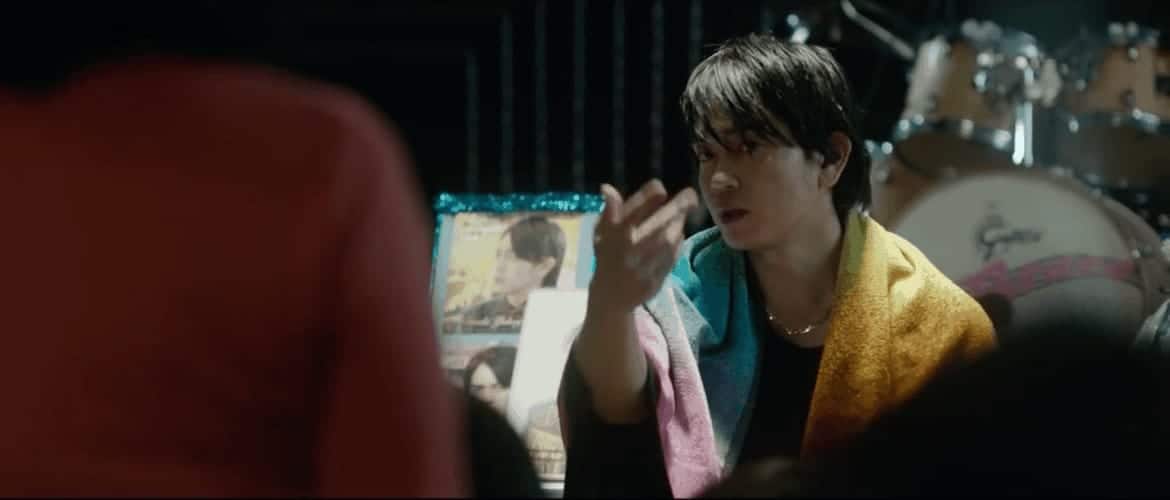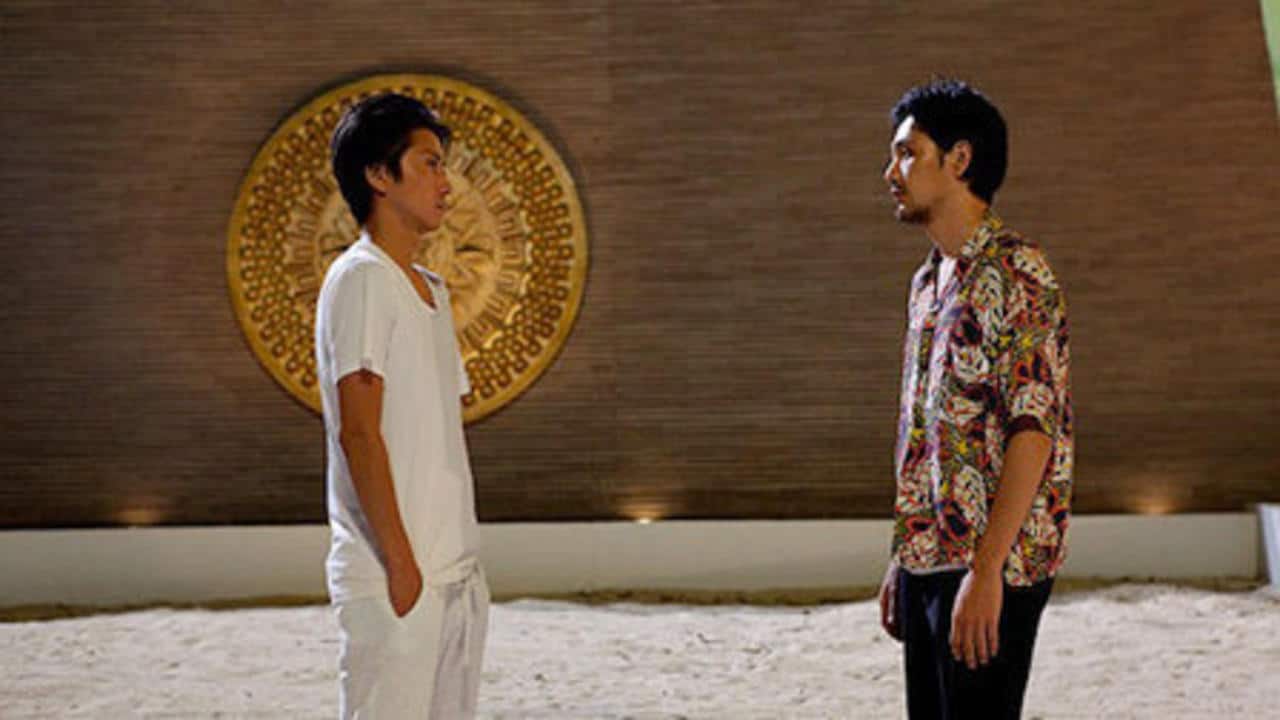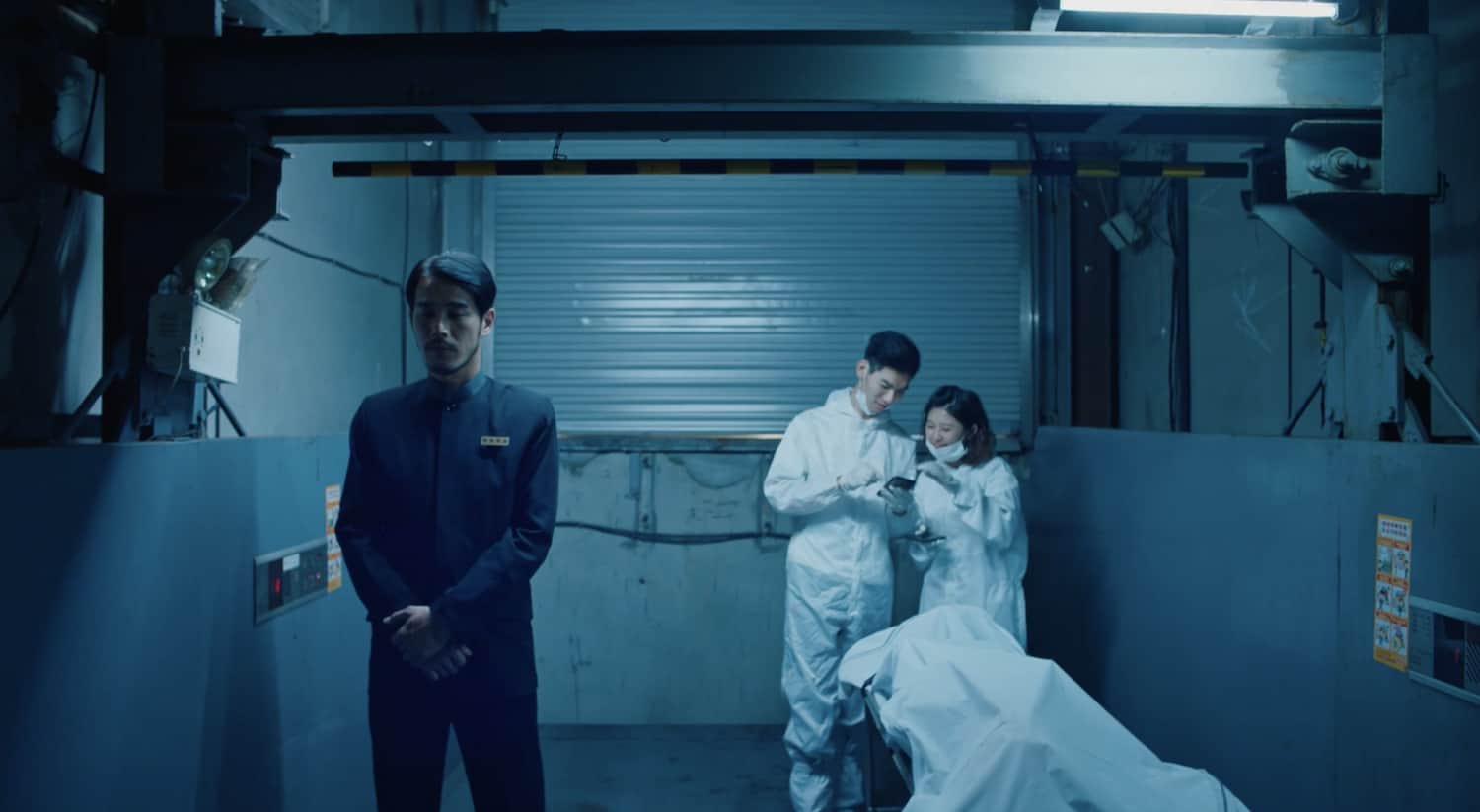In 1967, a man was murdered in the Fukawa district of the Ibaraki Prefecture town of Tone, and two people, Shoji Sakurai and his former classmate Takao Sugiyama, who had been arrested in connection with another incident were served fresh arrest warrants for robbery and murder. Investigators obtained “confessions” from them but they protested their innocence during their trial. In 1978, their life sentences were finalized by the Supreme Court. Sakurai was released from prison in 1996, and married his wife Keiko three years later. He finally won an acquittal over a decade after his release, despite Sugiyama passing away in October 2015. In August 2021, Sakurai marked a landmark victory in a damages suit against his prefecture and the state, with a high court ordering compensation of 74 million yen ($503,000), acknowledging an illegal investigation by police and prosecutors took place.
My Anniversaries is screening at Nippon Connection

Kim Sung-woong, who had filmed Sakurai on previous projects involving convicted criminals trying to prove their innocence in the courts, was motivated to go ahead with the fourth film on the topic after Sakurai's victory in the damages suit. The result is the documentary “My Anniversaries”, which follows the currently septuagenarian's footsteps from 1967 until the reparations, while also focusing on other similar cases.
As such, the documentary focuses on three different axes. The first one is, expectedly, the case of Sakurai and how he was wrongly accused and spent almost three decades in prison. Footage from the case, and the whole setting that led to his incarceration are highlighted quite eloquently throughout the movie. The second is his life both inside and outside prison, and the ways he eventually managed to stay optimistic by “indulging” in prison labor and music club activities, all the while, coming up with a motto he carried for the rest of his life: “No matter how unreasonable the circumstances are, you can still find joy and happiness.” Furthermore, this aspect also deals with his efforts to help other convicts in the same circumstances as him, which brings us to the third axis, that of the rest of the “protagonists” of the film, their struggles to prove their innocence, and how life in prison took an intense toll on them. The case of Iwao Hakamada, the longest held man on death row, emerges as central in that regard, in a story that has also been presented in another documentary by Louis Dai in 2021.
Check also this review
As such, the main comments of Kim Sung-woong also eloquently arise, of whether the Japanese judicial system actually works and if these cases are the exception and not the rule, and whether there is actually a reparation that could justify the destruction of a whole life. A second, underlying question also arises eventually, regarding whether corruption remains part of the system, and if not, how could cases like these be avoided. The fact that retrials are actually very rare in Japan, essentially intensifies the question in a system that is definitely rather unforgiving, considering that the conviction rate in local courts is more than 99%.
Shoji Sakurai is a remarkable personality and his courage, optimism, and extreme seeing the glass-half-full mentality carry the documentary for the majority of its somewhat excessive 104 minutes. At the same time though, and despite the moments where his spirit shines and music fills the movie, the film is definitely a pessimistic one, with the health issues Sakurai faces cementing this approach. This however, is not a fault, but more the result of a rather thorough research, which Kim managed to elevate to part of a bigger issue, that is bound to make everyone who watches the documentary, think. The editing helps the most in that regard, connecting the specific case with the wider issue, while retaining a relatively fast pace in the succession of all the different elements (interviews, photographs, videos, performances etc) that carries the movie for the majority of its duration.
Sakurai's remarkable spirit and unwavering optimism shine through, even as “My Anniversaries” takes on a somber tone, exemplified by his health struggles. Through thorough research and skillful editing, director Kim Sung-woong has crafted a compelling narrative that leaves a lasting impact on its viewers, urging them to contemplate the larger issues at hand.


